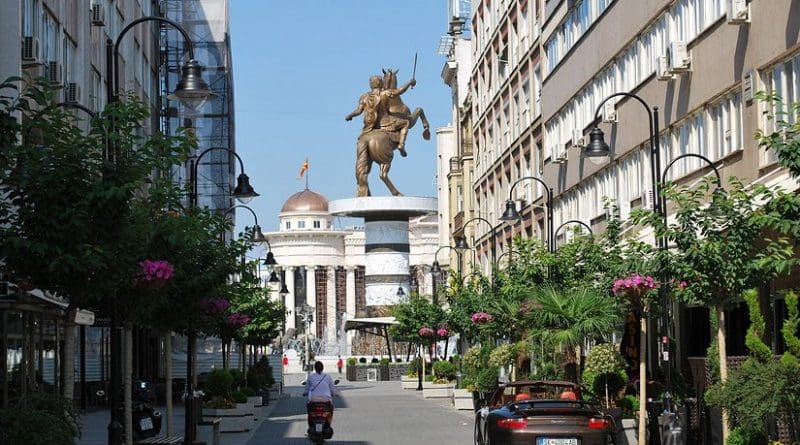Macedonia: December Election Date Questioned
By Sinisa Jakov Marusic
The Macedonian parliament’s failure to dissolve threatens to delay the agreed December 11 date for snap elections, which are supposed to pave a way out of the country’s political crisis.
The agreed December 11 date for early general elections in Macedonia is again under question after parliament continued its work on Wednesday instead of dissolving as planned, 60 days ahead of polling day.
The formal reasons for not dissolving parliament were ongoing debates about the 2017 budget and the need to approve a new agreement on electoral districts.
Opposition-proposed changes to the law designed to improve the work of the Special Prosecution are also still on the parliamentary agenda, after being rejected by the ruling parties.
The ruling VMRO DPMNE party is accused of tactically stalling parliament’s work in case it decides not to go for elections in December and pushes the date back to March 2017, together with regular local elections.
Political science professor Albert Musliu said the ruling party was “buying time”, by keeping parliament in session. “If the ruling party decides it has no chance of winning the elections [in December], it may use this to delay the election,” he said.
The legal deadline for parliament to dissolve in time for elections on December 11 is October 27. It is up to the speaker, Trajko Veljanoski, who comes from the ranks of the ruling party, to decide when to schedule the session on dissolution of the assembly.
Matters should be clarified following the announced visit of EU Enlargement Commissioner Johannes Hahn to Skopje this Friday.
Hahn’s spokesperson, Maja Kocijancic, has said Hahn plans to meet key leaders and discuss the December polls as well as urgent reforms agreed to in the EU-led crisis deal reached this summer.
Political analyst Nikola Dujovski said Hahn would use his visit to cement the existing election date, amid disagreements between local politicians who have accused each other of trying to delay the election.
“Delaying elections is a very complicated issue and it won’t happen. Macedonia is far too long in this crisis and it is time to put an end to all of this. What was agreed [between the party leaders this summer] is very strongly agreed,” Dujovski said.
If the December election date does slip away, Macedonia risks another round of street protests, which would only deepen the crisis, he observed.
The long-running political crisis revolves around opposition claims that the government engaged in illegal mass wiretapping operations.
In February 2015, the opposition started releasing batches of covertly recorded tapes, which it said showed that the VMRO DPMNE-led government had been behind the illegal surveillance of some 20,000 people, including ministers.
It also said the tapes proved many criminal allegations against government members, including election-rigging.
VMRO DPMNE leader Nikola Gruevski, who was prime minister from 2006 until he resigned earlier this year under an EU-brokered deal, has insisted that the tapes were “fabricated” by unnamed foreign intelligence services and given to the opposition to destabilise the country.

